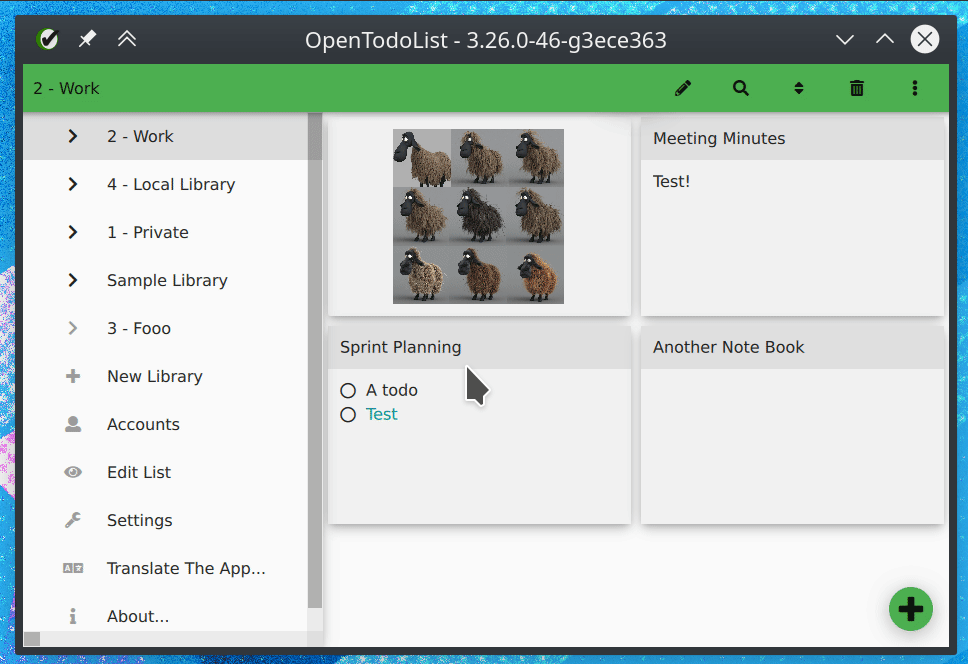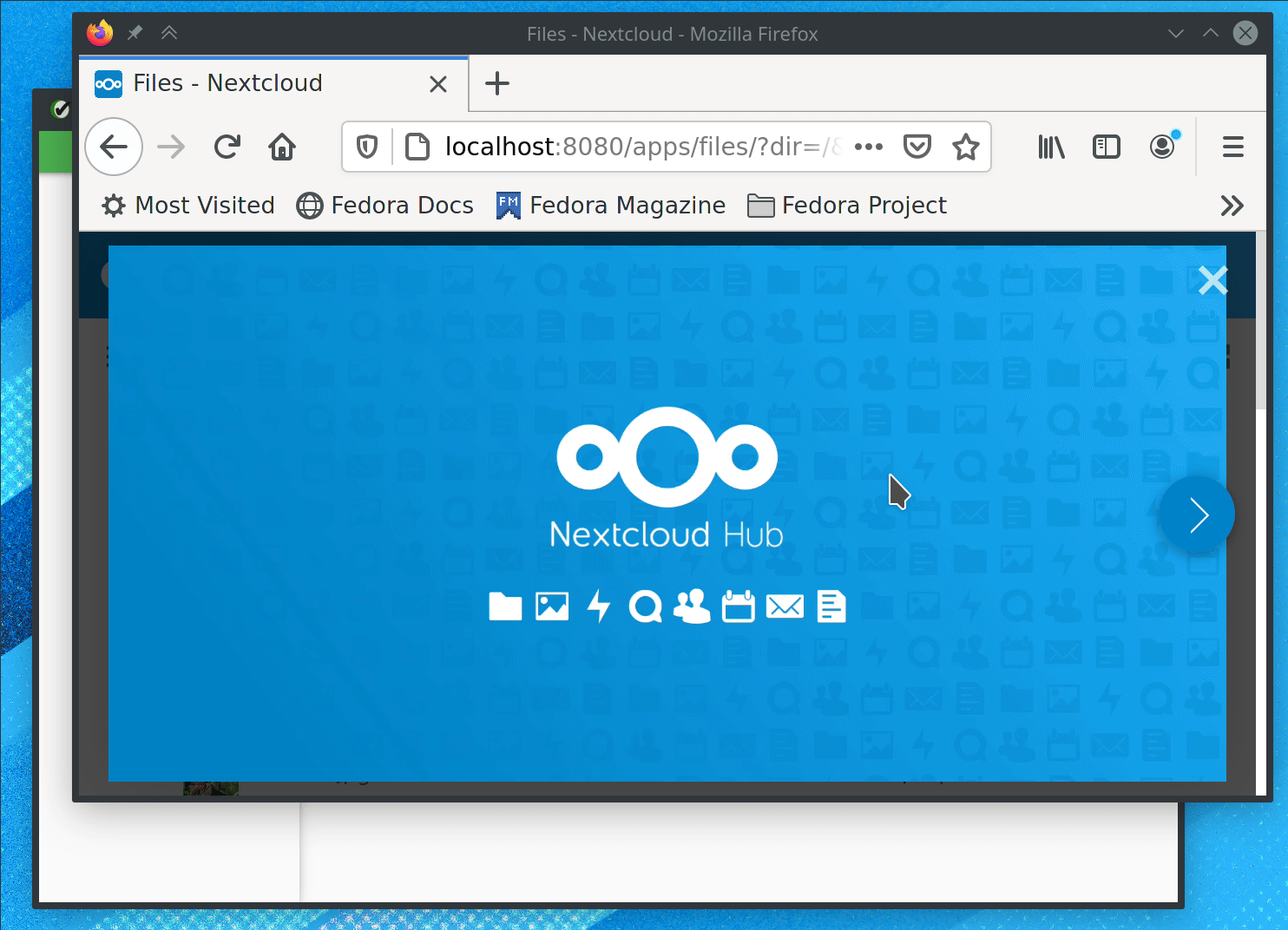We hope you all had a nice Halloween! 🧛
Did not have enough horror, yet? Well, we can scare you a bit more… with a lot of bugs! 🪲🦗🕷 Well… okay, it’s rather bug fixes of course. 😉 After we included some fundamental changes in the last release (that were, however, mostly invisible to the user), we actually planned to build on top of this and include some new extra functionality in this version. But, as so often, that plan did not work out. Instead most efforts went into fixing issues - but hey, having a stable app is also important, right?
Changelog
- rpdev/opentodolist#266: Did you sometimes feel that it would be great to be able to reorganize your todos? You can do so now: Todos can be moved to other todo lists, making it easy to shuffle your work around!
- rpdev/opentodolist#378: One of the many bug fixes in this release. This one fixes a potential endless sync loop.
- rpdev/opentodolist#377: This is a minor (and rather development centric) fix. This change updates the GUI description a bit to prevent flooding the logs with useless messages.
- rpdev/opentodolist#375: And another bug fix - this one fixes a potential crash when closing the app while a sync is running.
- rpdev/opentodolist#373: Did we talk about bug fixes? This one ensures that you can always add a new library (even if - under bad conditions - the local folder that preferably would have been used for that library is already present in the file system).
- rpdev/opentodolist#376: And yet another bug fix. It prevent the app from crashing when deleting a library which is currently being synced.
- rpdev/opentodolist#371: Na… already tired of bug fixes? One more, though. This one prevents the background service on Android from crashing when problems are detected (e.g. missing/wrong password of an account).
- rpdev/opentodolist#363: Okay, enough of bug fixes, promised 😉 This one improves the schedule view. It now shows the title of the todo list a todo belongs to - this makes it easier to remember where a particular task is belonging to.
- rpdev/opentodolist#372: Last but not least - we added a Donate link to the side bar of the app. Like the app and want to support it a bit? You can now send us some money - currently either via PayPal or Buy Me A Coffee 💚
Downloads
- Please find the download links for major platforms on GitHub.
- For Android, the release is available via Google Play.
- For iOS, the release is available via the App Store.
- If you use
snap, you can install the app from the snapcraft.io.
- If you use
flatpak, you can install the app from Flathub.
- For Arch based Linux distributions, you can install the app from AUR.
Known Issues
There is currently a known bug which could - probably under bad network conditions - lead the app to accidentally deleting some items from a library which is synced via NextCloud, ownCloud or a generic WebDAV server. See this bug report. The root cause it not yet understood, but we are working to completely re-do the WebDAV sync code and make it overall more robust (and faster). Until then:
- If you are using NextCloud or ownCloud, monitor your deleted files from time to time - if you discover a lot of files ending with a
*.otl file name extension and you don’t remember you deleted them, you can easily restore these via the web interface.
- If you sync against a generic WebDAV server which does not implement a thrash, consider doing a back up of your
OpenTodoList folder. If you run into this bug, this will allow you to easily restore the missing files.
The new sync implementation should hopefully be part of the next release which is due beginning of December. However, we might release a dedicated bug fix release for this earlier.
Sorry for any inconvenience that this might cause. Also, if you run into this issue and you think you see a pattern on when this occurs, please also let us know (ideally by commenting on the above linked bug report).
If you encounter any other issues, please file a bug report in the bug tracker.


